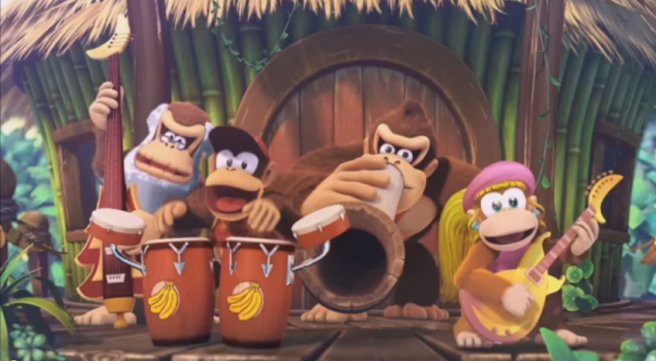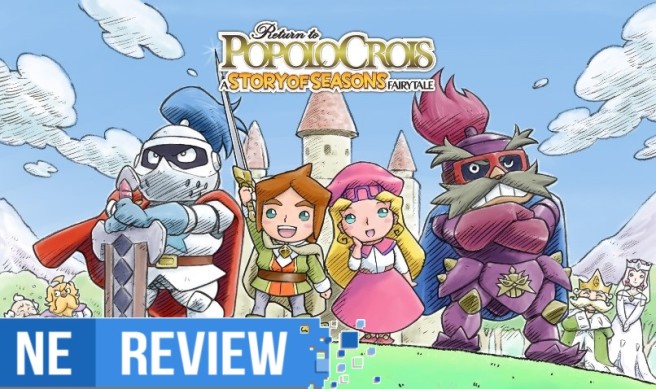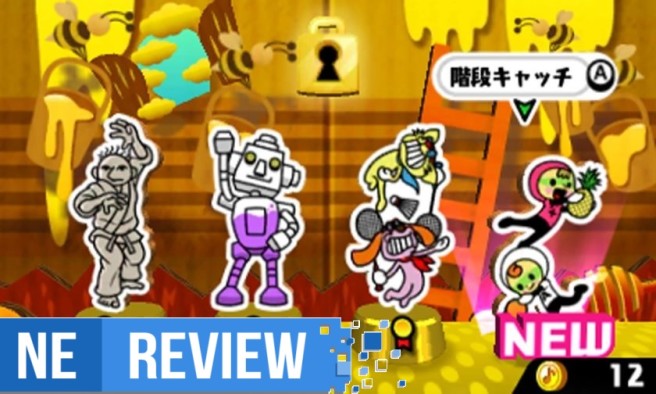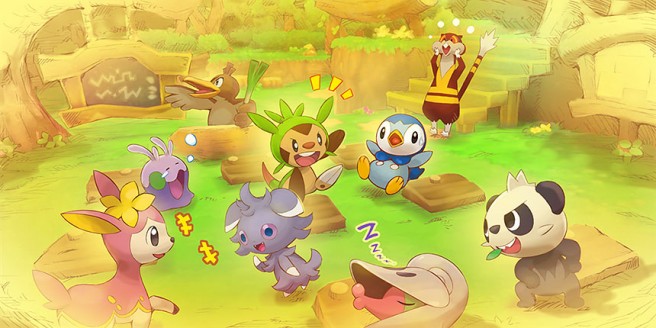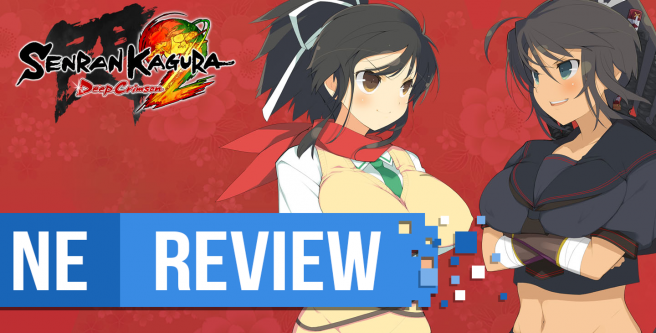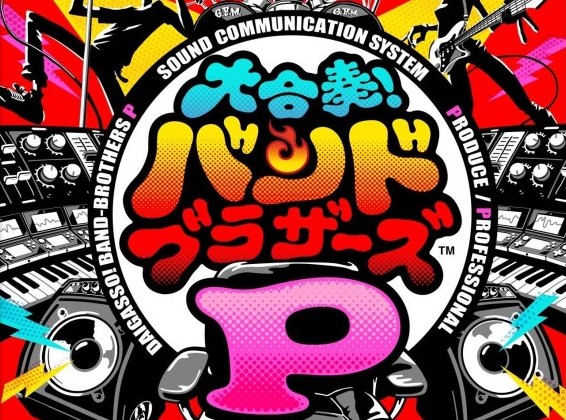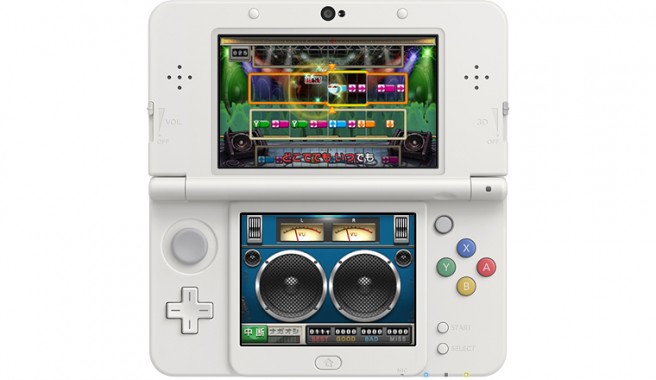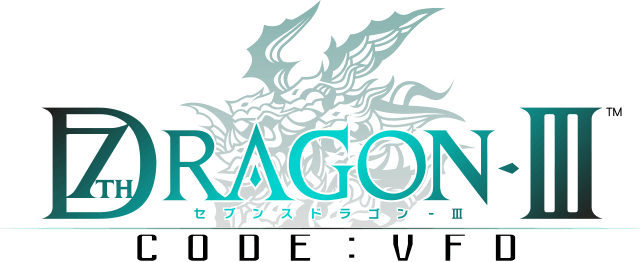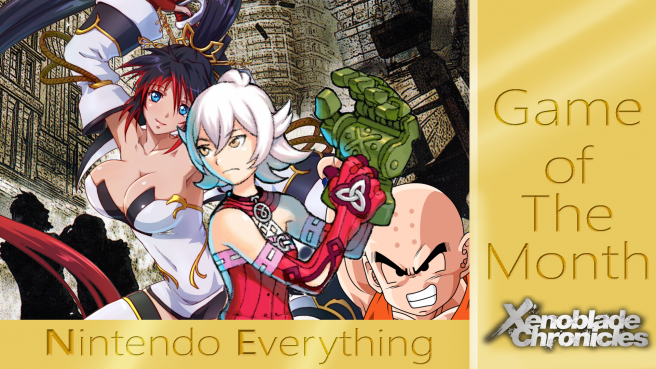The top 10 Donkey Kong Country songs
Posted on 9 years ago by Patrick(@Patricklous) in Features, General Nintendo, Random | 10 Comments
No April Fools’ Day news story from us, but we do have something that fits in with the festivities…
The Donkey Kong Country series is well known for the high quality of its music. With the atmospheric score of David Wise, the quirky tunes of Eveline Fischer and the unforgettable melodies of that other guy, it’s a franchise full of famous songs. So with that in mind, it’s worth highlighting the finest tracks that formed the soundtrack to our childhoods. Here are ten of the best tracks inspired by the hit video game:
More: David Wise, Donkey Kong Country, highlight, top
[Review] Return to PopoloCrois: A Story of Seasons Fairytale
Posted on 9 years ago by Patrick(@Patricklous) in 3DS, 3DS eShop, Features, Reviews | 5 Comments
System: 3DS
Release date: March 1, 2016
Developer: Epics
Publisher XSEED Games
If there was an award for the most unlikely RPG revival of 2016, it’d have to go to Return to PopoloCrois. This series started out as a comic but became a cult classic game series in Japan thanks to a string of games on the original PlayStation. Now it returns for modern audiences, but Return to PopoloCrois is very much a return to the early days of 32-bit RPGs. It also brings in elements from the franchise formerly known as Harvest Moon, mixing the farming with a more traditional RPG experience. The two titles have a similarly peaceful pastoral setting (and apparently a large female fanbase in Japan) so it initially seems like a good mix, but unfortunately the gameplay side of things is a bit lacking.
[Review] Rhythm Heaven: The Best Plus
Posted on 10 years ago by Patrick(@Patricklous) in 3DS, Reviews | 7 Comments
System: 3DS
Release date: June 11, 2015 (JP)
Developer: Nintendo
Publisher Nintendo
Author: Patrick
Okay, so full disclosure: Rhythm Heaven is probably my favourite Nintendo-published series if not my flat-out favourite game series of all time. For me the core gameplay clicked immediately with the cute and creative minigames that make up the series proving to be a brilliant way to test players’ musical abilities. You could sell me a Rhythm Heaven game that was 75% old content and I’d still eat it up. And that just so happens to be what Nintendo have done this time. The currently Japan-exclusive Rhythm Heaven The Best+ brings rhythm games from the previous three entries in the series to the 3DS along with a handful of new games and some structural changes. It’s a solid compilation of the series’ highs, even if there’s a sense that the developers didn’t quite get why Rhythm Heaven is “the best”.
More: highlight, Rhythm Heaven: The Best Plus, top
[Preview] Solving the mysteries of Pokémon Super Mystery Dungeon
Posted on 10 years ago by Patrick(@Patricklous) in 3DS, Features, Previews | 10 Comments
I just couldn’t wait for the European release next year, so I spent the last month memorising Japanese Pokémon names and diving into the import version of Pokémon Super Mystery Dungeon. The following are my impressions after playing through the main storyline, although there seems to be a massive amount of stuff to do after the credits. Don’t worry, I’ll keep it spoiler-free in posting my thoughts on the Japanese version of Pokémon Super Mystery Dungeon. Yes, not the one that that’s being released in America – I can’t stress that enough. Ain’t no embargos being broken here.
[Review] Senran Kagura 2: Deep Crimson
Posted on 10 years ago by Patrick(@Patricklous) in 3DS, 3DS eShop, Features, New Nintendo 3DS, Reviews | 33 Comments
System: Nintendo 3DS
Release date: August 27th, 2015 (EU) – September 15th, 2015 (NA)
Developer: Tamsoft
Publisher Marvellous, XSEED
Best girl: Rin
Let’s just get this out of the way first: Senran Kagura has always sold itself on the breasts of its female protagonists rather than the actual gameplay and on the surface this sequel is no different. It’s still all about teenage anime girls fighting it out in the perviest way possible and it’s bound to be a style that will alienate most of the console’s audience. Though it wouldn’t be particularly professional to do so as a reviewer, Senran Kagura 2 is absolutely the kind of game where it is reasonable to dismiss it based on the premise alone. That said, there is more to Deep Crimson than finally making good on the producer’s promise of viewing breasts in stereoscopic 3D and there are some welcome refinements to the brawler gameplay.
My only experience with the series prior to this was the Playstation Vita spin-off, Senran Kagura: Shinovi Versus, a game I didn’t care for at all, which made it even more surprising when I ended up enjoying Deep Crimson quite a bit. I still have my misgivings about the game’s aesthetic, but the fast-paced combat and bizarre tone definitely filled a niche on the console’s library. Though the gravity-defying blobs the game calls breasts might still be Senran Kagura’s primary selling point, there is thankfully a bit more to it this time around.
More: highlight, Marvellous, Senran Kagura 2: Deep Crimson, Tamsoft, top, XSEED
[Famicompendium] Daigasso! Band Brothers P
Posted on 10 years ago by Patrick(@Patricklous) in 3DS, 3DS eShop, Famicompendium, Features | 4 Comments
It’s been a long time coming, but Nintendo Everything’s longest-running feature with the lowest number of updates is back and ready to cover a whole new platform of import games. I not so recently bought a Japanese New 3DS while overseas so now I can actually write about games that came out during this decade. And now six months later I’m finally taking some time out from managing my Girls Mode 3 store and decorating my home menu with badges of Waluigi in a train to review my favourite Japan-exclusive 3DS title I’ve played so far – Daigasso! Band Brothers P. This game mixes rhythm gameplay with the ability to create and share your own composition to create a unique experience that’s unlike anything else on the 3DS. There aren’t many other games that do such a great job of making players feel like they’re part of a band – and without a single plastic instrument, too!
Daigasso! Band Brothers P Debut now available on the Japanese 3DS eShop
Posted on 10 years ago by Patrick(@Patricklous) in 3DS, 3DS eShop, News | 0 comments
Nintendo’s rhythm game/music creation tool Band Brothers P might have bombed big time at retail, but it seems that they’re still trying to push sales and increase the player base with this new version of the title. The cheaper ‘Debut’ edition has the same rhythm gameplay as the original, but certain features like the music composer are unavailable, while others like the recording feature are locked behind a paywall. Better pony up fifteen of the game’s virtual currency, tomatoes (around eight US dollars), if you want to make your own creepy Vocaloid character.
Previously this version was only available via a download code from those who already owned the full version, but as of today it’s up on the eShop for everyone (in Japan, at least). At 200 yen it’s not quite free to play, but it comes with an extra set of five songs that weren’t included with the retail version: Dragon Night, Senbonzakura, Mondai Girl, 360 degrees and SHINING LINE. Like the original game, any extra songs need to be bought with tomatoes, but you can play with others online even if you don’t own the same songs.
More: Band Brothers P, Jam With The Band
New Project X Zone 2 trailer
Posted on 10 years ago by Patrick(@Patricklous) in 3DS, 3DS eShop, News, Videos | 0 comments
Bandai Namco have released a lengthy new trailer for Monolith Soft’s upcoming RPG, Project X Zone 2: Brave New World. Unfortunately this trailer doesn’t reveal any unannounced characters, but it should satisfy those who wanted to see some of the newcomers and new systems in action. It also gives a brief look at the bonuses included with the limited “Original Game Sound Edition” like the new version of Legend of the Valkyrie starring Namco X Capcom’s Xiaomu.
7th Dragon III in development for 3DS
Posted on 10 years ago by Patrick(@Patricklous) in 3DS, News | 4 Comments
Sega announced today that 7th Dragon III: Code VFO will be released for the 3DS on October 15th. The real puzzle here is exactly who is developing the game – previous entries in this RPG series were handled by Imageepoch, who filed for bankruptcy earlier this year. Despite not revealing the actual studio behind it, we know that the director is Masayuki Kawabata, who was behind some of the more recent Phantasy Star games and will be produced by Juro Watari. Both are known for games with more action-packed combat so perhaps this entry in the traditionally turn-based series will be trying for a different gameplay style. Like previous 7th Dragon games, the soundtrack is being handled by Yuzo Koshiro and features character designs by artist Shirow Miwa.
More: 7th Dragon, Imageepoch, SEGA
Monolith Soft: From A to Xeno (Part 2)
Posted on 10 years ago by Patrick(@Patricklous) in DS, Features, Game of the Month, Wii | 8 Comments
As June draws to a close, I’m back with a second look back at the history of Monolith Soft and the games they created over the last generation of Nintendo consoles – with the exception of the actual Game of the Month. This was a period of change for the company and saw the release of several more experimental titles. Bandai Namco sold the majority of their stock in Monolith Soft to Nintendo in 2007 and while they wouldn’t become a first-party developer until later, all games from this point on would be on Nintendo consoles. Despite this, Monolith would still keep close ties with their previous owner, who took on publishing duties for some of their more niche games. Following the release of Baten Kaitos Origins there was a gap of two years before Monolith Soft’s next title – Soma Bringer.
